Refugees and asylum seekers living in camps around the world are among the most vulnerable with the outbreak of Covid-19, where limited space makes self-isolation impossible, and access to healthcare is already minimal.
On top of that, all aid is being reduced. In our situation, none of our volunteers can come and help, the people we support cannot come to the Centre to get help and our donations are drying up.
The pandemic increases the urgency with which governments must deal with the current humanitarian crisis as conditions in camps will lead to an even greater number of unnecessary deaths.
As European governments concentrate on the wellbeing of their citizens, impose travel restrictions, and encourage social distancing, we are concerned that those living in camps – whose living conditions make them all the more vulnerable to the infection – will be neglected.
Commenting on the current situation in Greece, Medicins Sans Frontieres wrote that there is ‘no way we can contain the virus in a humane and dignified way in such camp settings’. The camp of Vial, in Chios, for example, houses over 6,000 residents, with thirty toilets and showers – one per two hundred residents – making basic but vital sanitation measures such as regular hand-washing impossible. MSF has called for Aegean camps to be dissolved and their residents integrated immediately.
Another worry is that the spread of the virus will provoke long-term border restrictions and serve to further contain and isolate the displaced population and those seeking asylum. On Wednesday, Greece implemented a curfew that applied to all refugee camps, from 7 in the evening to 7 in the morning. As part of the curfew, only one person per family is permitted to leave to procure food during active hours.
New arrivals to camps have been banned since 1st March, and new asylum applications are no longer being accepted. Germany has also suspended the acceptance of asylum seekers, having found 10 cases of Covid-19 in UNHCR camps within its borders. While these measures may have the intention of limiting the spread of the virus, they are predicated on accepting the high-risk living conditions in the camps, do nothing to change them, and thus prioritise the safety of citizens over that of refugees.
As the situation on Turkish/Greek border worsens, the movement of displaced people becomes increasingly likely. On Friday, 175 migrants arrived in the Turkish north of Cyprus by boat from Turkey, mostly from Syria. The continued instability of the situation will mean that more people will remain without access to information and healthcare.
With Europe’s population going into self-isolation, another risk is that public perception toward asylum seekers will become increasingly negative. When asked by Al Jazeera about the risk that the pandemic will provide ammunition to anti-migrant and anti-refugee voices, Babar Baloch of the UNHR replied, ‘this virus does not discriminate, why should we?’. He called for a collective response, and the improvement of living conditions for refugees to ensure that the health measures imposed by governments apply to everyone.
We couldn’t agree more.



